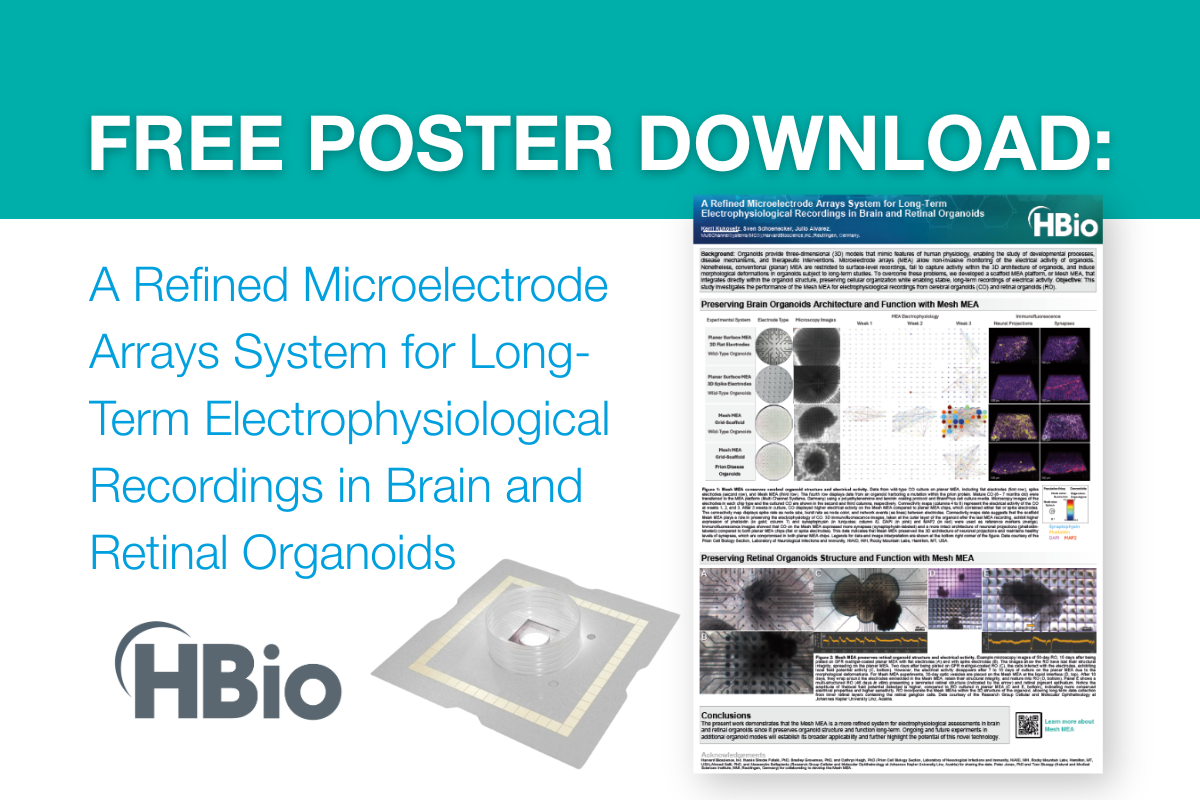
BTX User Spotlight: Utilizing the Gemini X2 to introduce specific genetic material or modulators into neuronal cells
Researchers at McGill University in Montreal, Quebec investigated the role of Doublecortin (DCX) in regulating neuronal branching through its influence on tubulin polyglutamylation.
In this study, researchers at McGill University in Montreal, Quebec investigated the role of Doublecortin (DCX) in regulating neuronal branching through its influence on tubulin polyglutamylation. DCX is a microtubule-associated protein known for its involvement in neuronal migration, and mutations in DCX are linked to brain malformations such as lissencephaly. The researchers demonstrate that DCX restricts excessive neuronal branching by modulating microtubule dynamics, specifically through interactions with enzymes that control tubulin polyglutamylation. Using a combination of biochemical assays, imaging techniques, and functional studies in neurons, they reveal that loss of DCX leads to increased tubulin polyglutamylation, which in turn promotes excessive neurite branching. These findings provide new insights into how DCX contributes to neuronal development and highlight tubulin modifications as a critical mechanism in shaping neuronal architecture. Understanding these processes could have implications for neurodevelopmental disorders associated with DCX mutations.
In the context of the study "Doublecortin restricts neuronal branching by regulating tubulin polyglutamylation," the BTX Gemini X2 electroporator was used both to insert the CRISPR/Cas9 gRNA into human iPSCs and to introduce specific genetic material or modulators into neuronal cells. This process enabled the researchers to investigate the role of DCX in neuronal development by observing changes in neuronal branching and tubulin modifications following electroporation.
The Gemini X2's flexibility and precise control over electroporation parameters make it particularly suitable for such neurobiological studies, where maintaining cell viability and achieving targeted transfection are crucial.
A link to the full article can be found here.
Want to learn more about the Gemini X2?
Contact BTX online or find a distributor here.




